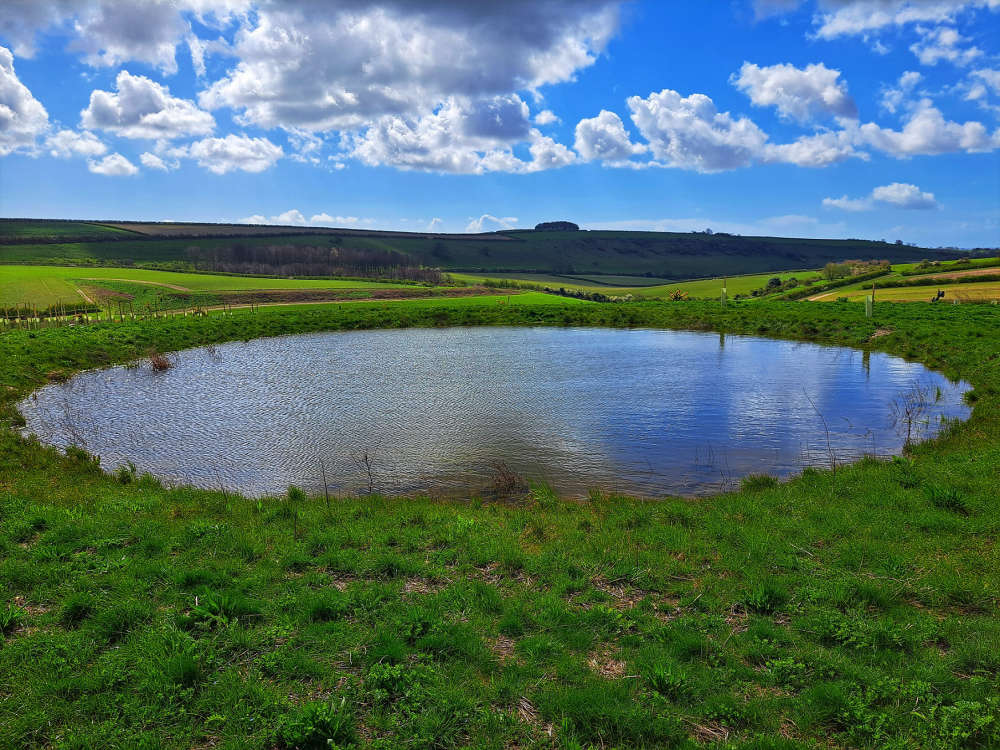
An inspiring campaign launches today to bring dew ponds back to the South Downs landscape and help nature thrive.
The “Pounds for Ponds” initiative is seeking to invest around £1m to create and restore 100 ponds across Hampshire and Sussex over the next decade.
Dew ponds are synonymous with the chalk grassland of the South Downs, historically being dug by farmers as a watering hole for livestock and some dating back several hundred years.
These pretty ponds are also havens for all manner of species – supporting around 70 per cent of all freshwater species found in lowland landscapes in the UK.
However, over many decades and due to changes in farming practices, dozens of these wildlife oases have fallen into disrepair or been lost completely. With climate change bringing hotter, drier summers, ponds have an increasingly critical role to play in providing habitat and sources of water for wildlife.
Pounds for Ponds aims to reverse this decline by providing vital funding to transform derelict ponds and create some new ones.
The initiative is being led by the South Downs National Park Trust – the official independent charity for the National Park – in partnership with Froglife.
Funding, including support from National Lottery Heritage Fund, Bannister Trust and BMW, has been secured to restore more than 20 ponds. The Trust is now looking to raise £800,000 to restore a further 80 ponds.
Jan Knowlson, Biodiversity Officer for the South Downs National Park, said:
“We’re really excited to be launching Pounds for Ponds to continue the National Park’s commitment to nature recovery.
“Dew ponds are amazing, but sadly so many have been lost from the South Downs landscape over the past century. These freshwater habitats are oases for wildlife, providing drinking and bathing water for birds, and a home for dragonflies and other aquatic invertebrates.
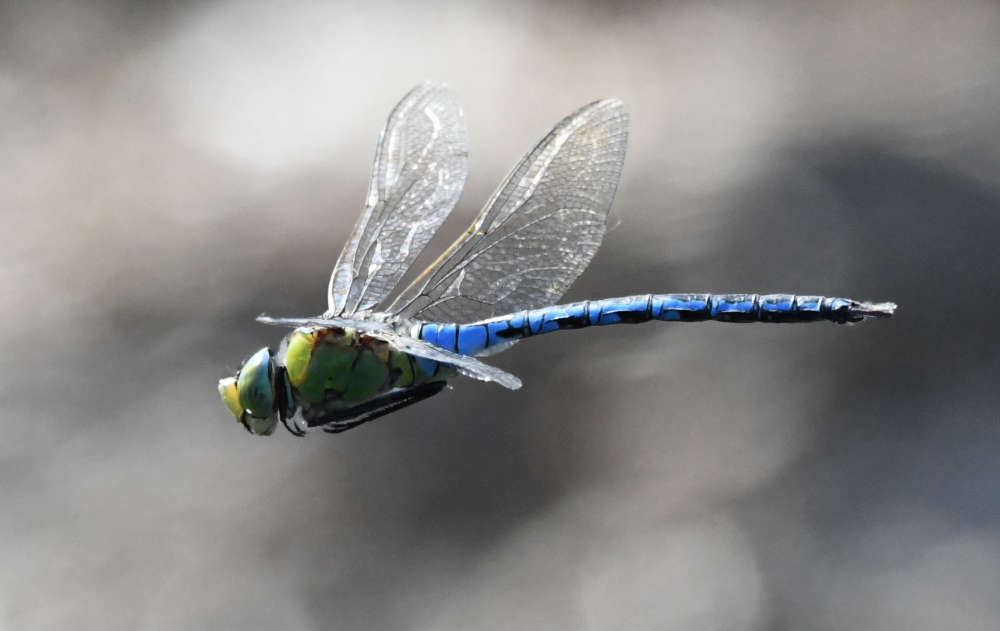
“They also make good breeding sites for frogs, toads and newts.
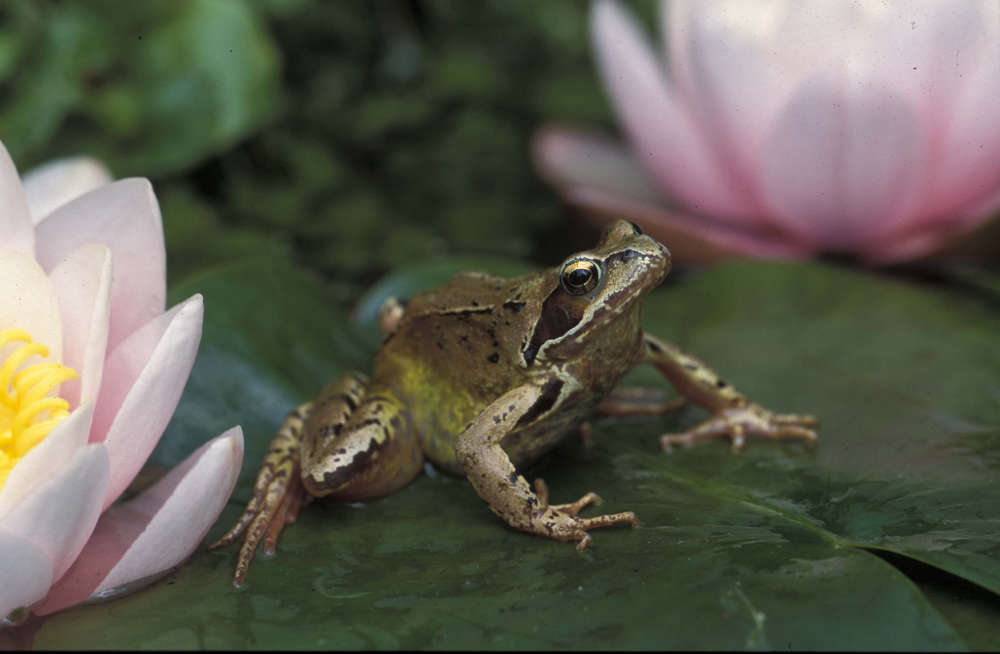
“The wildlife value of ponds is also considerably enhanced where you have a network of them, making it easier for species to move between them, meaning populations are more resilient to climate change.
“Every pound donated will make a big difference and will help wildlife flourish.”
A few dew ponds have been restored during previous tranches of funding from the National Park and are already seeing biodiversity bouncing back.
The Trust was able to restore a pond at Seaford Head and a recent wildlife survey at the dewpond recorded over 200 species. This included the rare lesser emperor dragonfly nymph, which is the first UK record of its breeding.
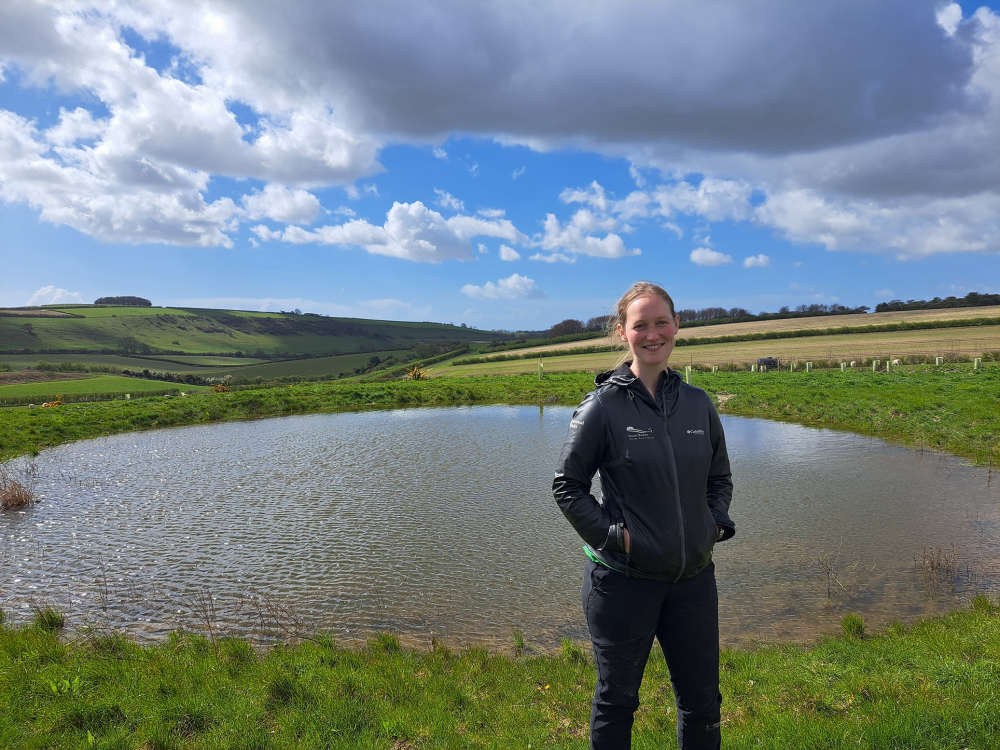
A dew pond near Arundel (pictured above with National Park Ranger Sophie Brown) was restored in partnership with the Norfolk Estate.
Scores of other ponds have been identified for similar restoration work, but fundraising is now needed to make the dream a reality.
Restoring or creating a dew pond involves significant landscaping and planting to create a welcoming environment for animals.
Kathy Wormald, CEO of Froglife, said:
“It’s fantastic for Froglife to be partnering the South Downs National Park Authority in this project and to be able to contribute towards the costs of restoring valuable dew ponds.
"The Pound for Ponds project complements Froglife’s Discovering Dewponds which is also working in the South Downs on restoring dewponds and working with local communities to raise awareness of the historical and biodiversity value of dew ponds."
“Pounds for Ponds” is one strand of the National Park’s ReNature initiative, which aims to create 13,000 hectares of new land managed for nature over the next decade to help tackle the biodiversity crisis. Find out more at www.southdowns.gov.uk/renature/
Donate to Pounds for Ponds at www.southdownstrust.org.uk/pounds-for-ponds/
A grant round will be opening in the coming months for possible dewpond restoration projects. To be put on the notification list, please email Victoria Crespi, Grants Officer, at [email protected]

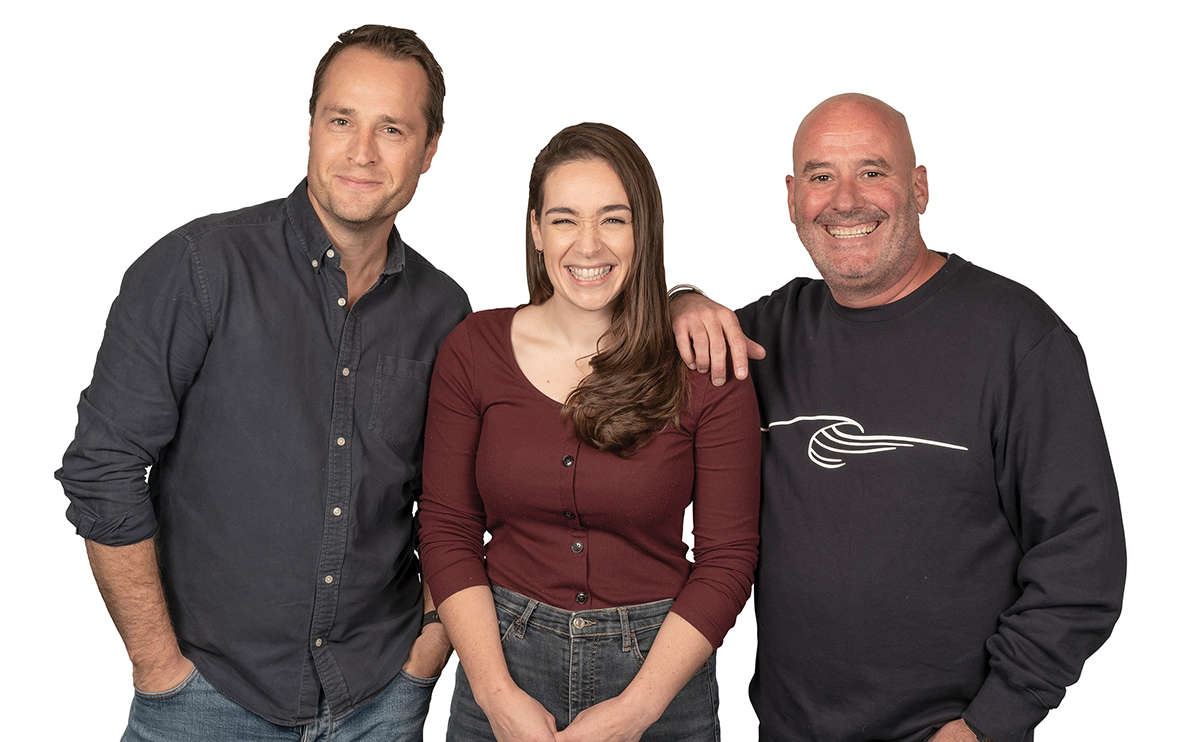
 Boy, 15, Charged With Two Counts Of Attempted Murder
Boy, 15, Charged With Two Counts Of Attempted Murder
 Meet The Southern Train Driver Magistrate Delivering Justice In Sussex
Meet The Southern Train Driver Magistrate Delivering Justice In Sussex
 Witnesses Sought Following House Fire In Eastbourne
Witnesses Sought Following House Fire In Eastbourne
 University Of Brighton Recognised As Top Sports Education Provider
University Of Brighton Recognised As Top Sports Education Provider
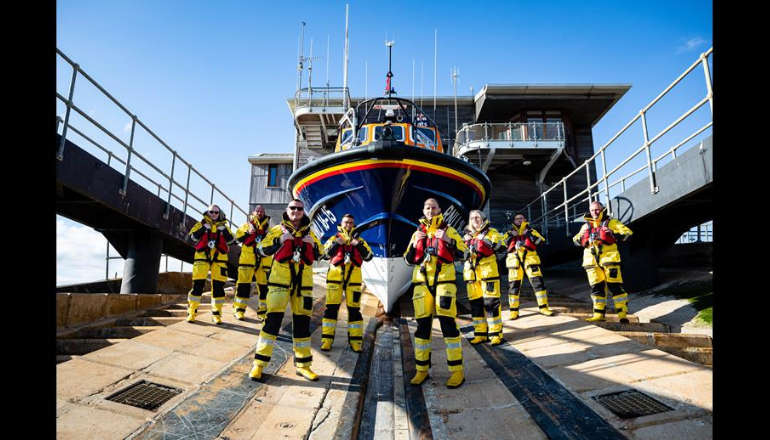 Shoreham Harbour RNLI Opens Recruitment For Boat Crew Volunteers
Shoreham Harbour RNLI Opens Recruitment For Boat Crew Volunteers
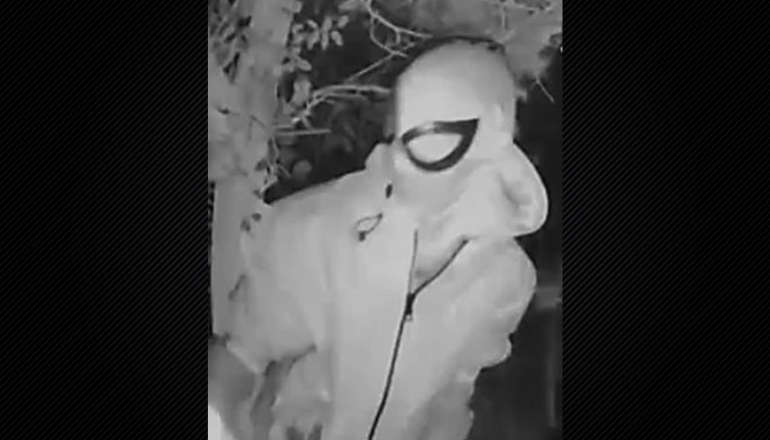 Eastbourne man admits stalking woman in Hailsham
Eastbourne man admits stalking woman in Hailsham
 CCTV Appeal After Luggage Stolen From Gatwick
CCTV Appeal After Luggage Stolen From Gatwick
 Appeal After Boy Seriously Injured In Firle Collision
Appeal After Boy Seriously Injured In Firle Collision
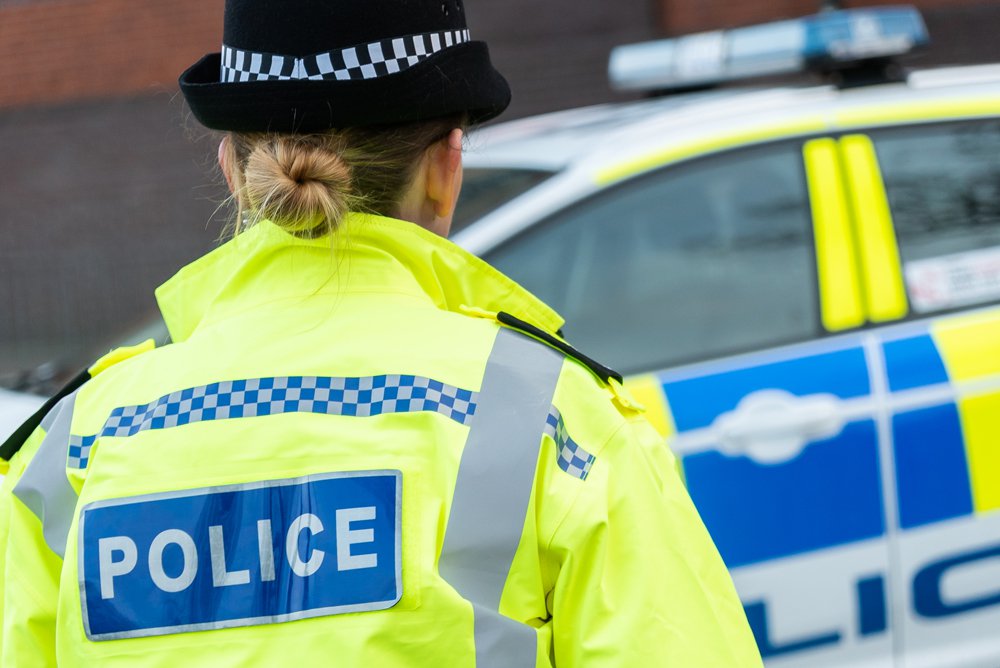 Boy Charged After Knife Incident On Brighton Bus
Boy Charged After Knife Incident On Brighton Bus
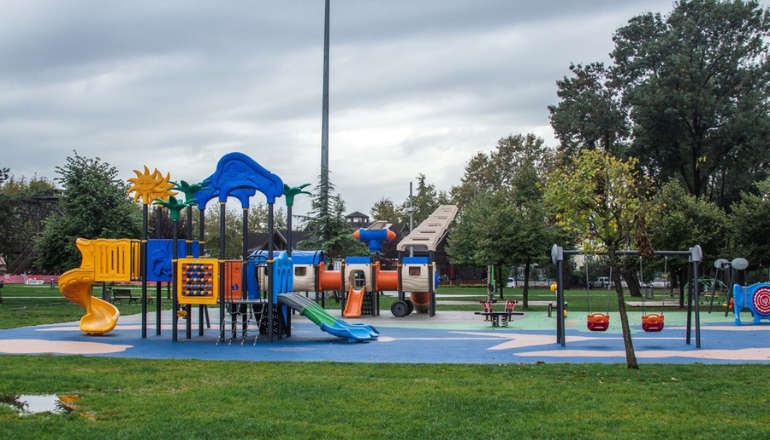 Play Area Refurbishment In Chichester Moves A Step Forward
Play Area Refurbishment In Chichester Moves A Step Forward